Tyler Expunctions & Nondisclosures Lawyer
Expunction is the act of getting records completely destroyed, or expunged, as though they never existed. When a person is arrested, or charged with a crime, that instance is put on their personal record – a record that is available to any member of the public. Even if there is no conviction, and even if there has been a pardon for a crime, those records still exist, and they can still do a great deal of damage.
Tarnished records can prevent individuals from renting apartments, getting jobs, or participating in many activities intended to better themselves. An expunction lawyer, can work to get those records thrown out or sealed completely, so they never interfere again.
Pardons, Expunctions, and Non-Disclosure
Pardons, expunctions, non-disclosures – if a person is trying to clear their criminal record, these are all terms they are going to come across. They are all similar, but they also still have their differences, and it is important to understand what those are before applying for any of them.
Eligibility
Not all records are eligible for expunction. Here is a breakdown of what will typically be considered eligible for expunction, and what will not. If a person has records that they would like expunged, contact an experienced expunction lawyer to talk more about the eligibility of the case.
Eligible:
Expunction is the act of getting records completely destroyed, or expunged, as though they never existed. When a person is arrested, or charged with a crime, that instance is put on their personal record – a record that is available to any member of the public. Even if there is no conviction, and even if there has been a pardon for a crime, those records still exist, and they can still do a great deal of damage.
Tarnished records can prevent individuals from renting apartments, getting jobs, or participating in many activities intended to better themselves. An expunction lawyer, can work to get those records thrown out or sealed completely, so they never interfere again.
Pardons, Expunctions, and Non-Disclosure
Pardons, expunctions, non-disclosures – if a person is trying to clear their criminal record, these are all terms they are going to come across. They are all similar, but they also still have their differences, and it is important to understand what those are before applying for any of them.
- Pardon: A pardon may be granted by the Governor of Texas for any criminal offense. Pardons forgive people of their crime and remove it from their criminal record, but that is all they do. If other people wish to obtain that record, they can still do so and see that a person was once charged, and possibly even convicted, of a crime.
- Expunction: An expunction can be applied for after receiving a pardon, or for a crime that a person was never convicted of. An expunction will completely eliminate the record, destroying it and making it as though the instance never happened.
- Non-disclosure: When expunctions cannot be applied for, or they have been denied, applying for record sealing – or non-disclosure – is another option. This will seal the records, or make them unavailable, in a similar way to expunction, but the records will not be completely sealed. They will still be available to certain government agencies and may be possibly opened again upon a court order.
Eligibility
Not all records are eligible for expunction. Here is a breakdown of what will typically be considered eligible for expunction, and what will not. If a person has records that they would like expunged, contact an experienced expunction lawyer to talk more about the eligibility of the case.
Eligible:
- There was an arrest but no charge
- The charge was dismissed
- The offense is considered a qualifying juvenile misdemeanor
- The offense was alcohol-related and committed while the individual was a minor
- The conviction was for Failure to Attend School
- In cases of identity theft when one person is charged and another is convicted, the person charged may be eligible for expunction
- A pardon was given by the Governor or the President of the United States
- The crime was acquitted by the Criminal Court of Appeals
- If the individual has received a deferred adjudication or probation
- If the individual was convicted five years after the arrest, or if the statute of limitations has not yet expired on the crime
- Certain crimes such as child molestation, prostitution, sexual battery, DUIs, vehicular homicide, or other serious traffic offenses
